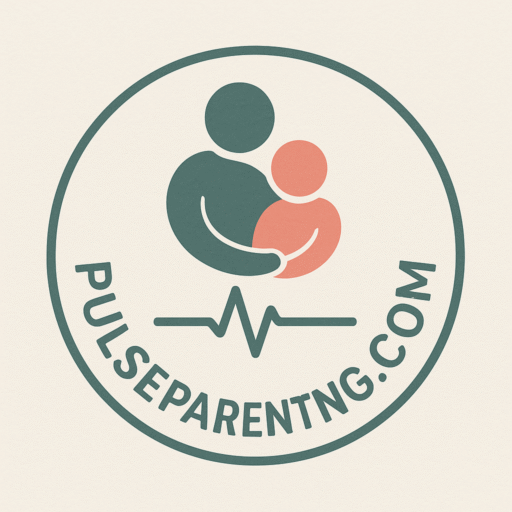If you’ve ever looked at your 10- or 11-year-old and thought, “What happened to my sweet kid?” — you’re not alone. One mom recently posted on Reddit about her daughter, once affectionate and bubbly, now quick to tears, yelling “You’re being mean!” whenever Mom corrects her.
She described feeling worn out, walking on eggshells, and even “deadening herself inside” just to cope. It’s a raw glimpse into what many parents of tweens experience — and a reminder that attitude changes at this age often have more to do with developmental and emotional shifts than defiance alone.
Why Tweens Suddenly Change
Around ages 10 to 13, kids’ brains enter a new phase of development. The emotional centers mature faster than the logical ones, meaning kids feel big emotions before they can manage them. Hormones, social pressure, and a growing need for independence make even small frustrations — like a sibling not sharing a seat — feel explosive.
If your child is the youngest, as in the Reddit story, this transition can be even sharper. She’s used to being “the baby,” but now wants to be taken seriously. The push-pull between dependence and independence can look like rudeness or emotional volatility.
What Parents Often Try (and Why It Backfires)
The mom in the thread was patient and empathetic — but she also found herself apologizing constantly and giving in to avoid meltdowns. Commenters offered tough love:
“Stop apologizing. She’s controlling you with her outbursts.”
“You need to be the parent — consistent, calm, and firm.”
The intent behind those comments is right: empathy without boundaries can turn into exhaustion. Children need compassion, but they also need clear, predictable structure.
When we rush to fix every feeling or apologize for normal limits (“I’m sorry you have to leave the playground”), kids learn that tantrums are powerful tools — not emotional lessons.
Balancing Empathy and Authority: A Practical Approach
Parenting tweens is less about stopping emotions and more about teaching how to manage them. Here’s a roadmap you can use:
1. Validate Feelings — Don’t Argue with Them
Instead of trying to reason mid-meltdown, name the feeling:
“I can see you’re really frustrated that your sister didn’t move. It’s okay to feel mad.”
That simple statement tells your child: I hear you. Once they feel understood, the emotional temperature drops.
2. Hold a Calm Boundary
Follow up with the limit:
“It’s not okay to yell at me. You can take a break and come talk when you’re calm.”
Consistency here is key. If you say you’ll step away during screaming fits, do it every time — no lectures, no chase.
3. Teach Self-Soothing Tools
Make a “calm-down menu” together — ideas like listening to music, hugging a pillow, or jumping jacks. When she feels out of control, she has a roadmap back to balance.
4. Set Consequences You Can Enforce
Avoid threats you can’t keep. Simple, specific ones work best:
“If you yell at pickup today, there’s no iPad tonight.”
“If you speak respectfully, we’ll have time for a board game.”
Rewarding good behavior builds connection and trust.
5. Reconnect After the Storm
Once calm, circle back:
“That was a rough afternoon. How did you feel when I walked away?”
This debrief models reflection and shows that mistakes don’t break love.
Protecting Your Emotional Health
Parents often forget that emotional health is a two-way street. The Reddit mom confessed, “I am despairing.” That’s real.
You can’t parent calmly if you’re emotionally drained. Try these self-care steps:
- Build small resets: Take 5 minutes before school pickup to breathe or stretch.
- Drop the guilt: Your child’s feelings aren’t your fault to fix — your role is to guide, not absorb.
- Find your village: Talk with other parents or a counselor; even brief support can renew perspective.
If you find your child’s moods are constant or extreme — affecting school, friends, or family life — consider reaching out to a child therapist or pediatrician. Long wait times are common, but early help makes a difference.
A Note on Hope
Every parent in that Reddit thread — even the ones giving tough love — ended with empathy. One wrote:
“I wish I had fixed it at 10, because trying to parent it out at 15 sucks. But there’s always hope.”
And that’s the truth: this stage is intense but temporary. With steady love, emotional coaching, and clear boundaries, most kids emerge more self-aware and emotionally balanced.
Your job isn’t to make every day peaceful — it’s to show your child that big feelings can be handled without breaking the bond.
Parenting through tween attitude changes isn’t easy, but it’s one of the most meaningful emotional-growth seasons you’ll ever walk together.

